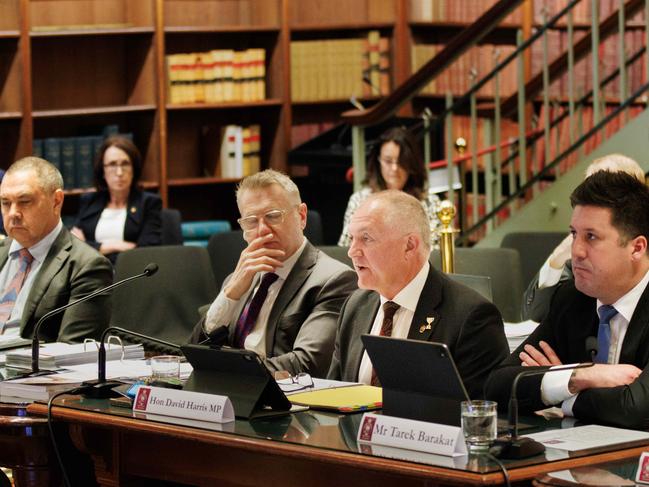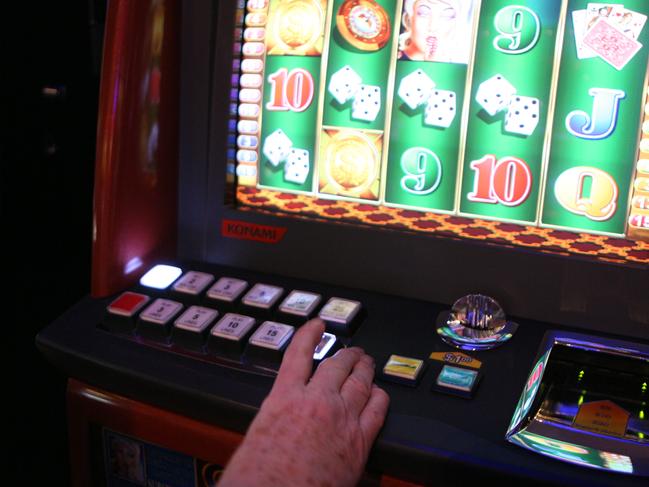Just 32 gamblers involved in cashless gaming trial
Trust issues have been blamed for just 32 people being actively involved in NSW’s cashless gaming trial.
NSW
Don't miss out on the headlines from NSW. Followed categories will be added to My News.
A lack of trust of technology has been blamed for just 32 people “actively” participating in the NSW-wide cashless gaming trial under way.
Cost and age of gaming machines has also played a part in almost half of the 27 venues that the Minns government announced would be participating in its cashless gaming trial for also pulling out.
However Gaming and Racing Minister David Harris, who revealed the figures at a Budget Estimates hearing on Friday, said the trial was still providing “useful information” that would be used to guide the government on any further gaming reforms.
The government is conducting a cashless gaming trial to reduce gambling harm and prevent money laundering, with an independent panel to submit its findings by November 2024.
Anti-gambling advocates have criticised the trial for not being mandatory.
The trial initially involved 27 venues which had been approved to take part, including 21 clubs and six hotels across 23 local government areas.

The technology was to have been installed on over 4,000 gaming machines across the state.
Mr Harris told Budget Estimates the trial now involved 2388 gaming machines across 14 venues.
Of the 207 registered users, 32 were “active”, the hearing was told.
Asked if he was concerned about the low take-up, Mr Harris said the information gleaned from those that were not signing up was just as useful as from those that had.
And like all trials, there were the “inevitable” problems and “you get burnt”.
“I think it gives us some really useful information,” Mr Harris said.

“This is going to be a huge behavioural change. People don’t trust technology. They are worried about their bank accounts. They are worried about their personal details. They are worried about all of those things.
“Part of the road map will be how we undertake behavioural change to demonstrate to people that this is useful and helpful and that it’s necessary.”
Along with cashless gaming, the panel would also be providing advice on broader gambling and harm minimisation measures, he said.
This was in addition to existing harm minimisation strategies already worked on such as a statewide exclusion register and facial recognition technology to allow venues to proactively identify and assist self-excluded patrons.
The hearing also heard that $634,000 had so far been spent on an independent researcher.
Got a news tip? Email weekendtele@news.com.au





